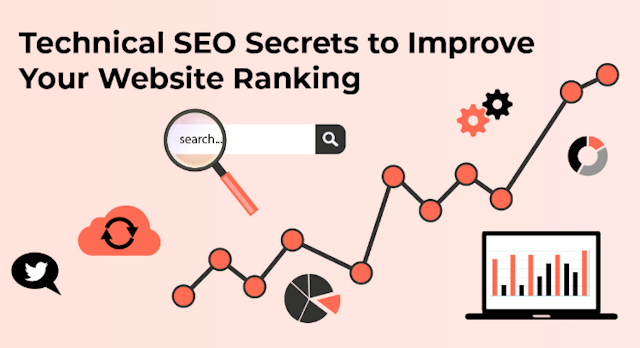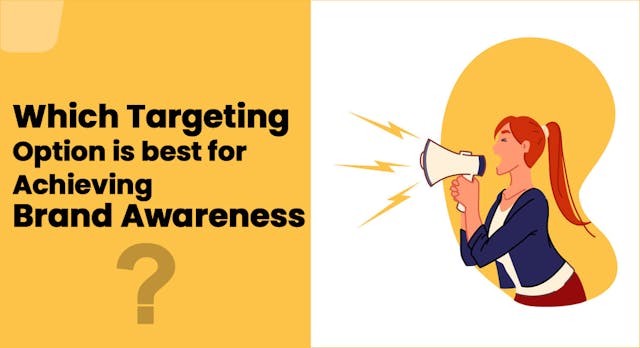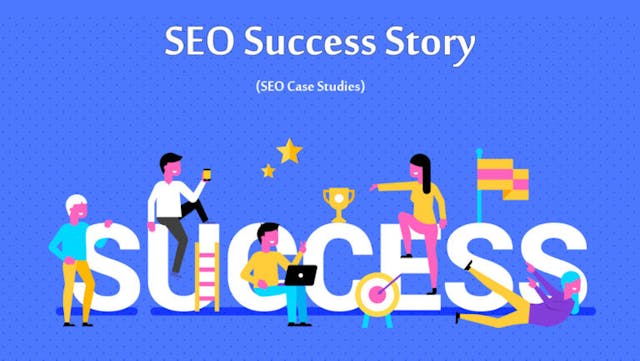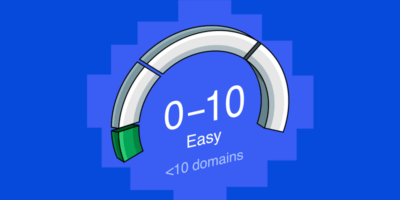Understanding Paid Marketing for Small Businesses in B2C
Paid Marketing Channels for B2C CompaniesThere are various paid marketing channels that B2C companies can leverage to reach their target audience and attract potential customers.
12 Jan 2024

Paid Marketing Channels for B2C Companies
There are various paid marketing channels that B2C companies can leverage to reach their target audience and attract potential customers. Some of the most popular and effective paid marketing channels for B2C businesses include:
Social Media Marketing:
Advertising on social media platforms like Facebook, Instagram, and Pinterest allows B2C businesses to reach a large audience and target specific buyer personas based on demographics, interests, and behaviors. Social media marketing is particularly effective for B2C companies, as it enables them to showcase their products and services in a visually appealing way and engage with their audience through comments, shares, and likes.
Search Engine Marketing (SEM):
SEM involves bidding on keywords to display ads on search engine results pages (SERPs). This type of paid marketing can drive targeted web traffic and attract prospective customers actively searching for products or services similar to yours. By carefully selecting the right keywords and crafting compelling ad copy, B2C businesses can improve their visibility on search engines and drive more qualified leads to their website.
Display Advertising:
Display ads, such as banner ads or video ads, are placed on relevant websites and blogs to reach potential customers who may be interested in your products or services. Display advertising is a powerful way to build brand awareness and attract new customers, as it allows B2C companies to showcase their products and services to a large audience across the internet.
Email Marketing:
While not always considered a form of paid marketing, email marketing can be highly effective in reaching out to prospective customers who have shown interest in your products or services by signing up for your mailing list. By sending targeted, personalized emails to your subscribers, you can nurture your leads and encourage them to make a purchase.
Influencer Marketing:
in your industry is another effective paid marketing strategy for B2C businesses. By collaborating with influencers who have a large, engaged following, you can increase your brand's exposure and credibility, and drive more traffic and sales to your website.
The Fundamentals of B2C Marketing Strategy
In the world of business-to-consumer (B2C) marketing, companies focus on selling products and services directly to consumers. Unlike the B2B market, where sales cycles are typically longer and involve multiple decision-makers, B2C customers tend to make quicker purchase decisions. This means that B2C companies need a different approach when it comes to their marketing strategy, and paid marketing plays a crucial role in targeting the right audience and driving sales.
To create a successful B2C marketing strategy, it is essential to have a clear understanding of your target audience, their preferences, and their behavior. This involves developing buyer personas, conducting market research, and analyzing customer data to ensure that your marketing efforts are aligned with your customers' needs and preferences.
In addition to understanding your target audience, it is crucial to choose the right marketing channels and tactics to reach them effectively. This includes selecting the appropriate paid marketing channels and developing engaging, relevant content that resonates with your audience and drives conversions.
What Marketing Strategy Does B2C Use?
B2C marketing involves a wide range of strategies designed to attract and engage end consumers directly. To create an effective B2C marketing strategy, businesses must take into account several key factors, including the target audience, marketing channels, and the unique selling proposition of their products or services. Some common B2C marketing strategies include:
Content Marketing:
Creating high-quality, engaging content, such as blog posts, videos, and infographics, to educate and entertain your target audience while showcasing your expertise and building trust.
Social Media Marketing:
Leveraging social media platforms to engage with your audience, share valuable content, and promote your products or services.
Influencer Marketing:
Collaborating with influencers who have a large following in your industry to increase your brand's exposure and credibility.
Search Engine Optimization (SEO):
Optimizing your website and content for search engines to improve your visibility in organic search results.
Email Marketing:
Sending targeted, personalized emails to your subscribers to nurture leads and encourage repeat business.
Paid Marketing:
Utilizing paid advertising channels, such as search engine marketing, social media advertising, and display advertising, to reach a wider audience and drive sales.
What is B2C in Business Marketing?
B2C, or business-to-consumer marketing, refers to the process of promoting and selling products or services directly to individual customers. Unlike business-to-business (B2B) marketing, which targets other businesses, B2C marketing focuses on reaching end consumers and persuading them to purchase goods or services for personal use.
In B2C marketing, businesses aim to build strong relationships with their customers by understanding their needs, preferences, and behaviors. This involves creating targeted marketing campaigns that resonate with the target audience and offer solutions to their problems or desires. B2C marketing often involves a combination of online and offline marketing strategies, including content marketing, social media marketing, search engine optimization, email marketing, and paid advertising.
The ultimate goal of B2C marketing is to attract new customers, build brand loyalty, and increase sales. By developing a customer-centric marketing strategy and using the right marketing channels, B2C businesses can effectively reach their target audience, drive conversions, and achieve long-term success.
Crafting a Successful B2C Paid Marketing Campaign
To create a successful B2C paid marketing campaign, follow these steps:
Define your target audience:
Start by developing buyer personas that represent your ideal customers. Consider factors like age, gender, location, income, and interests.
Choose the right channels:
Based on your target audience and objectives, select the most suitable paid marketing channels to reach your prospective customers.
Create engaging ad content:
Develop compelling ad copy, visuals, and calls-to-action that resonate with your audience and encourage them to click on your ads.
Optimize your landing pages:
Ensure your landing pages are relevant to your ad content and designed to convert web traffic into leads or sales. This may involve optimizing your website's design, layout, and navigation to provide a seamless user experience, as well as incorporating clear calls-to-action and trust signals to encourage users to take the desired action.
Set a budget and monitor performance:
Determine how much you're willing to spend on your paid marketing campaigns and allocate your budget accordingly. Be sure to closely monitor your campaigns' performance, making adjustments as needed to optimize your return on investment (ROI). This may involve tweaking your ad creatives, targeting options, or bidding strategies to improve your results.
Analyze and refine your strategy:
Regularly review your campaign data and analytics to identify areas for improvement and capitalize on successful strategies. Use this information to make data-driven decisions and continuously refine your paid marketing efforts for maximum impact.
The Role of Paid Marketing in B2C Companies' Growth
Paid marketing can be a powerful tool for small businesses operating in the B2C space, as it enables them to reach a broader audience, generate brand awareness, and drive sales. By carefully selecting the right channels, targeting the right audience, and creating engaging ad content, B2C companies can effectively utilize paid marketing to grow their business and achieve long-term success.
Moreover, paid marketing can help B2C businesses stay competitive in an increasingly crowded marketplace. By investing in targeted, cost-effective marketing strategies, small businesses can level the playing field with larger competitors and carve out a niche for themselves in the market.
With the right approach, paid marketing can offer numerous benefits for small B2C businesses, including increased brand visibility, improved customer acquisition, and higher revenues. By investing in a well-planned and well-executed paid marketing strategy, small businesses can maximize their potential for growth and success in the competitive B2C landscape.







